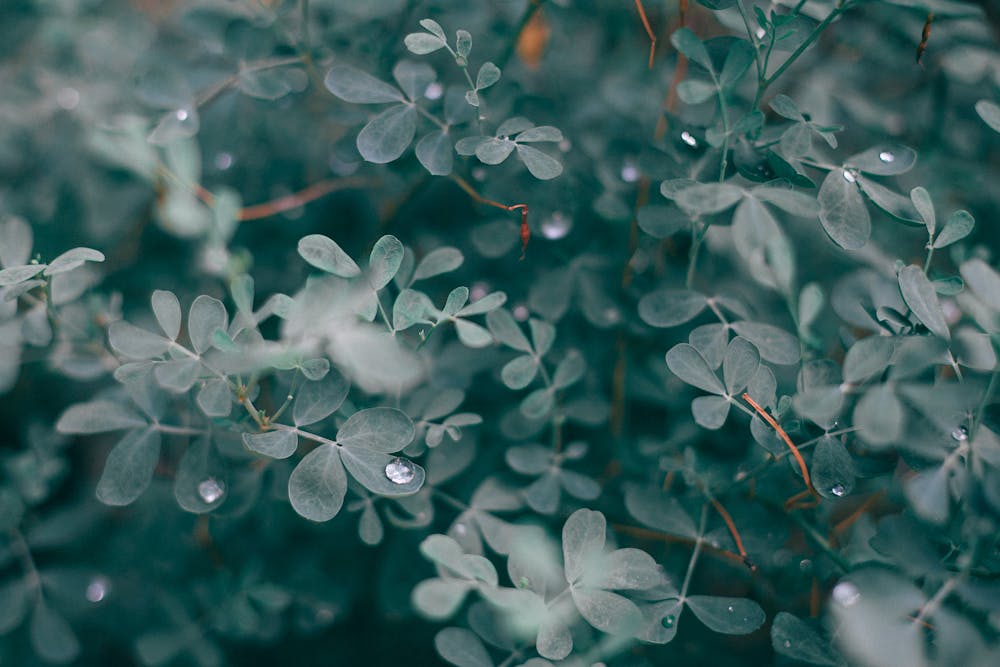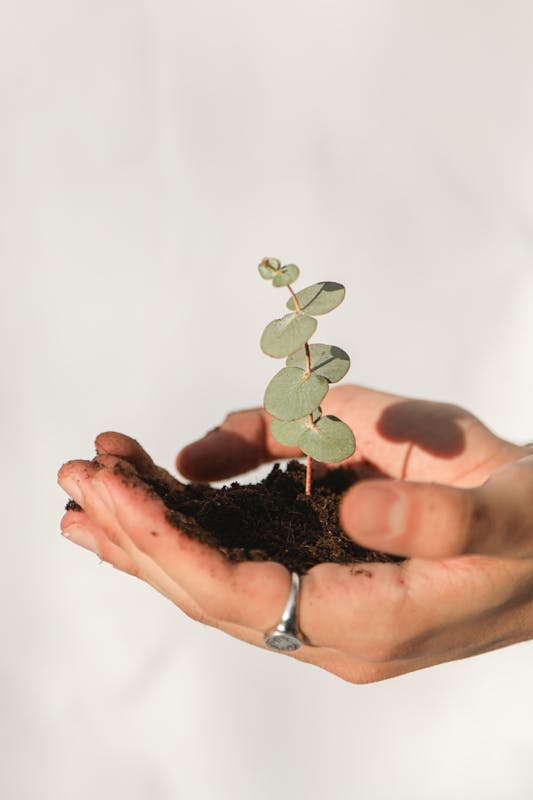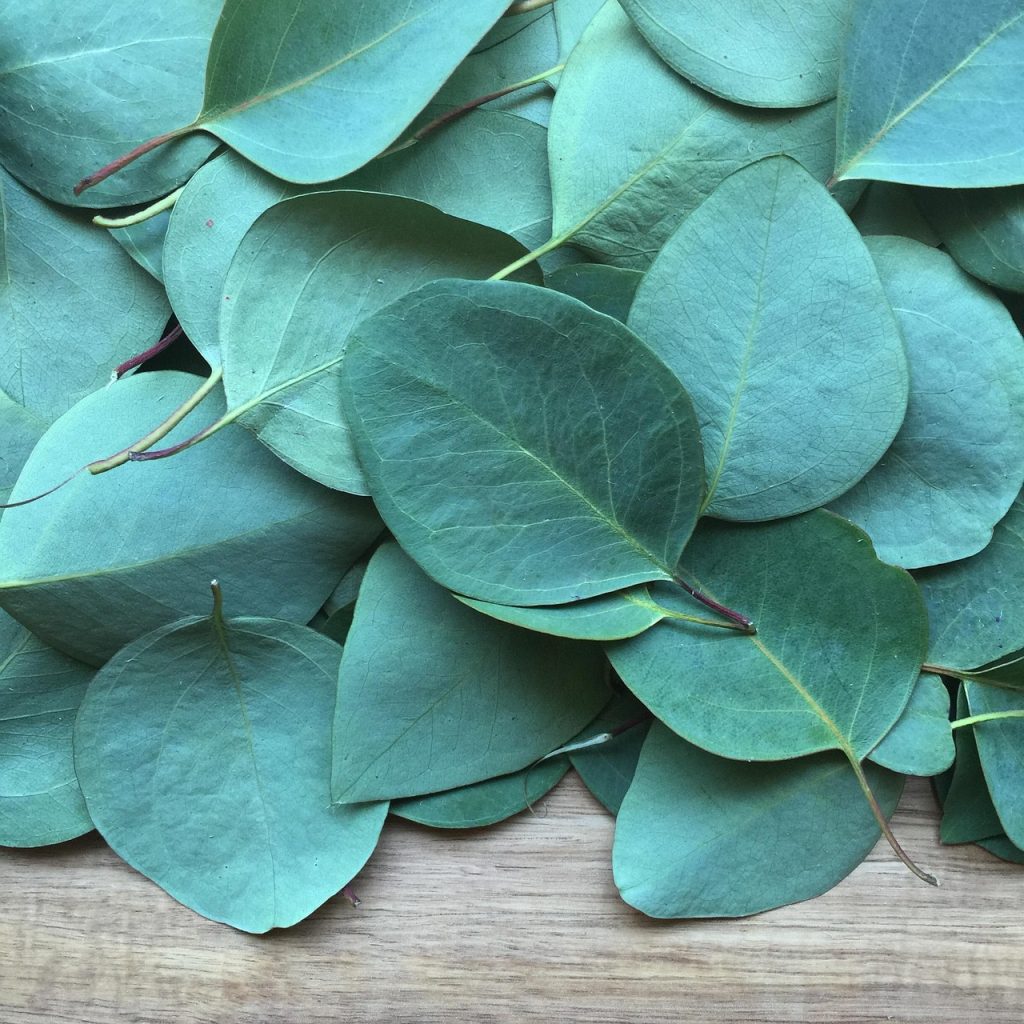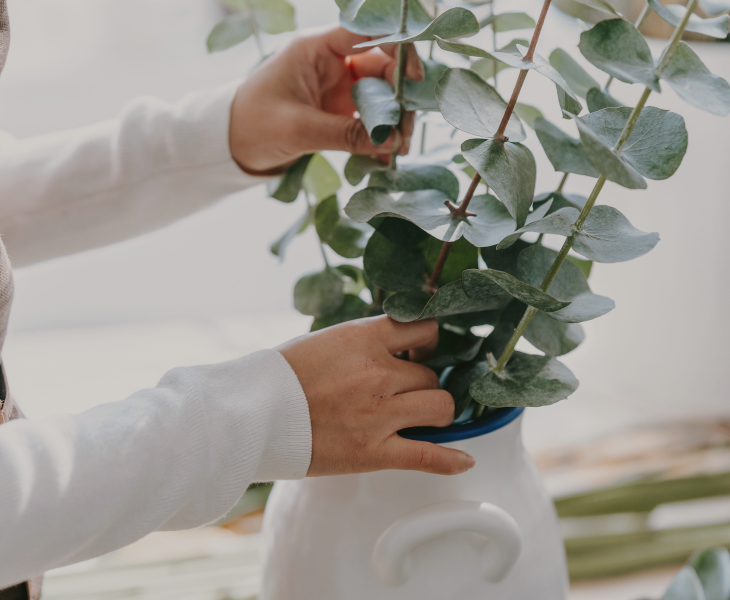What is Eucalyptus?

Understanding how to grow eucalyptus also involves knowing its benefits. Whether used for its medicinal properties, essential oils, or ornamental appeal, eucalyptus is a valuable addition to any garden.
Eucalyptus is a fast-growing evergreen tree or shrub native to Australia, widely known for its aromatic leaves and diverse benefits. With over 700 species, eucalyptus thrives in various climates and soil conditions, making it a popular choice for gardeners worldwide. Whether used for its medicinal properties, essential oils, or ornamental appeal, eucalyptus remains a valuable plant in both natural and cultivated landscapes.
Beyond its adaptability, eucalyptus plays a significant role in air purification and insect repellent properties. Many species are drought-tolerant, making them ideal for low-maintenance gardens. Additionally, its rapid growth allows for quick establishment, providing shade and greenery in a short time. Whether you’re looking to enhance your outdoor space or grow eucalyptus indoors, understanding its growth requirements is key to success.
What Does Eucalyptus Smell Like?
Eucalyptus has a distinct, refreshing scent often described as camphoraceous, slightly sweet, and minty. The aroma is commonly associated with relaxation and respiratory relief, making eucalyptus a popular ingredient in essential oils and aromatherapy products. Many people use eucalyptus leaves or essential oil in diffusers, steam inhalation, and homemade cleaning products for a fresh and invigorating scent.
How to Grow Eucalyptus at Home
Growing eucalyptus is relatively easy, whether in your garden or indoors in a pot. Follow these steps for successful cultivation.
Choosing the Right Eucalyptus Variety
Before planting, select a variety that suits your climate and space. Some popular options include:
- Eucalyptus globulus (Blue Gum) – Best for warm climates and commonly used in essential oil production.
- Eucalyptus citriodora (Lemon-Scented Gum) – Known for its strong citrus aroma and mosquito-repelling properties.
- Eucalyptus gunnii (Cider Gum) – Cold-hardy and ideal for temperate regions, often grown for ornamental purposes.
- Eucalyptus polyanthemos (Silver Dollar Eucalyptus) – Popular for floral arrangements due to its round, silvery leaves.
Planting Eucalyptus from Seeds or Cuttings

- Seeds: Soak seeds in warm water for 24 hours before planting in well-draining soil. Germination can take a few weeks, so be patient.
- Cuttings: Take semi-hardwood cuttings, dip in rooting hormone, and plant in a moist potting mix. Keep the soil consistently damp until roots develop.
Ideal Growing Conditions
- Soil: Well-drained, slightly acidic to neutral soil. Avoid waterlogged areas, as eucalyptus roots prefer dry conditions.
- Sunlight: Full sun (at least 6 hours daily). Eucalyptus thrives in bright, direct sunlight.
- Watering: Moderate; allow soil to dry between waterings to prevent root rot.
- Temperature: Prefers warm climates, but some species tolerate frost. If growing in a colder region, consider planting eucalyptus in a pot that can be moved indoors during winter.
Caring for Your Eucalyptus Tree
Watering and Fertilization
- Water young plants regularly but avoid overwatering. Once established, eucalyptus is drought-resistant and requires minimal watering.
- Use a balanced fertilizer during the growing season to support healthy development. A slow-release fertilizer works best.
Pruning and Maintenance
- Prune eucalyptus trees to control size and shape, especially for indoor or potted plants.
- Remove dead or weak branches to encourage new growth and maintain plant health.
- If growing eucalyptus for floral arrangements, regularly trim the branches to promote fresh, healthy foliage.
Pest and Disease Management
- Watch for pests like psyllids, spider mites, and scale insects. These pests can weaken the plant by feeding on sap.
- Use neem oil or insecticidal soap for natural pest control. Regularly inspect the leaves for signs of infestation.
- Ensure proper spacing between plants to improve air circulation and prevent fungal diseases like powdery mildew.
FAQs: Eucalyptus and Pets
Is Eucalyptus Safe for Cats?
No, eucalyptus is toxic to cats if ingested. The essential oils can cause drooling, vomiting, diarrhea, and even neurological symptoms. Keep eucalyptus plants and products out of reach of pets.
Is Eucalyptus Safe for Dogs?
Eucalyptus is also toxic to dogs. Consuming the leaves or essential oil can lead to gastrointestinal issues, lethargy, and difficulty breathing. If your pet ingests eucalyptus, contact your veterinarian immediately.
Can You Grow Eucalyptus Indoors?
Yes, eucalyptus can be grown indoors in pots, provided it gets plenty of sunlight. Choose a compact variety like Eucalyptus gunnii and place it near a sunny window. Ensure good airflow to prevent humidity-related issues.
How Fast Does Eucalyptus Grow?
Eucalyptus is known for its rapid growth, often reaching several feet in a single growing season. Some species can grow up to 10 feet per year under ideal conditions.
Benefits of Growing Eucalyptus

Air Purification: Helps remove toxins from the air and improve indoor air quality.
Aromatherapy: Provides a calming and refreshing fragrance that can promote relaxation and clear the respiratory system.
Natural Repellent: Deters mosquitoes and insects, making it a great addition to outdoor gardens.
Medicinal Uses: Supports respiratory health, helps relieve congestion, and has antibacterial properties.
Low Maintenance: Once established, eucalyptus requires minimal care and thrives in various conditions.
Final Thoughts
Growing eucalyptus is a rewarding experience, providing both aesthetic and practical benefits. With the right care, you can enjoy its beauty and fragrance year-round. However, if you have pets, ensure they don’t have access to the plant, as eucalyptus can be toxic to animals.
Call to Action
Are you ready to grow your own eucalyptus tree? Start today with the right variety and proper care techniques. For more gardening tips, check out The Planttube Blog or explore expert gardening resources like the Royal Horticultural Society.
Happy planting!








